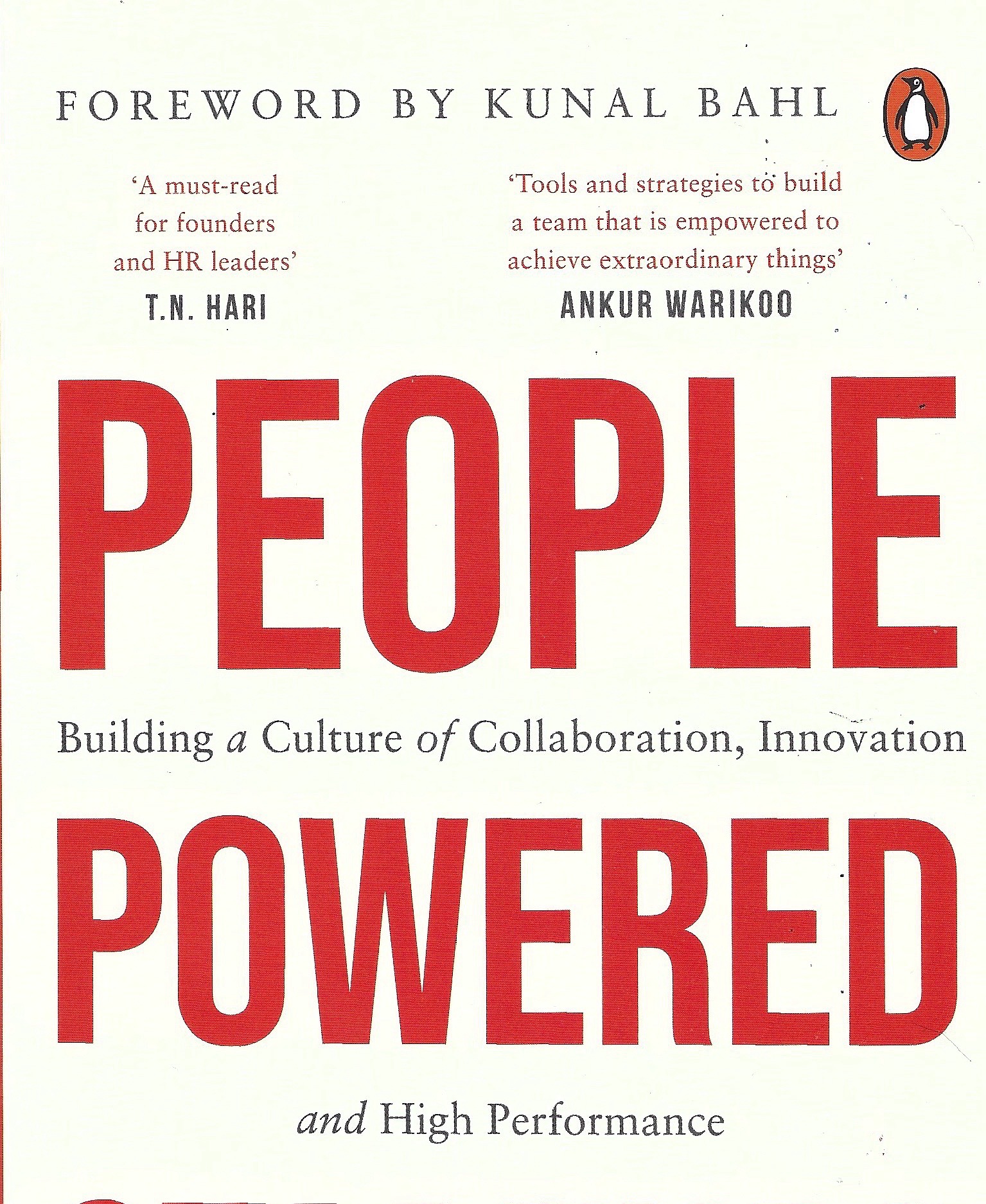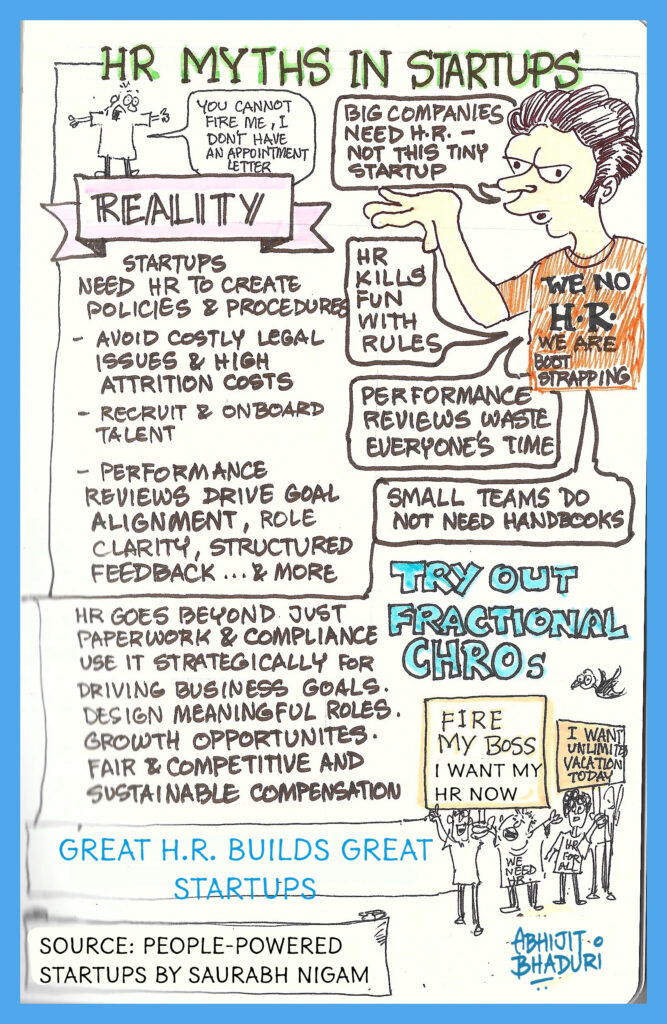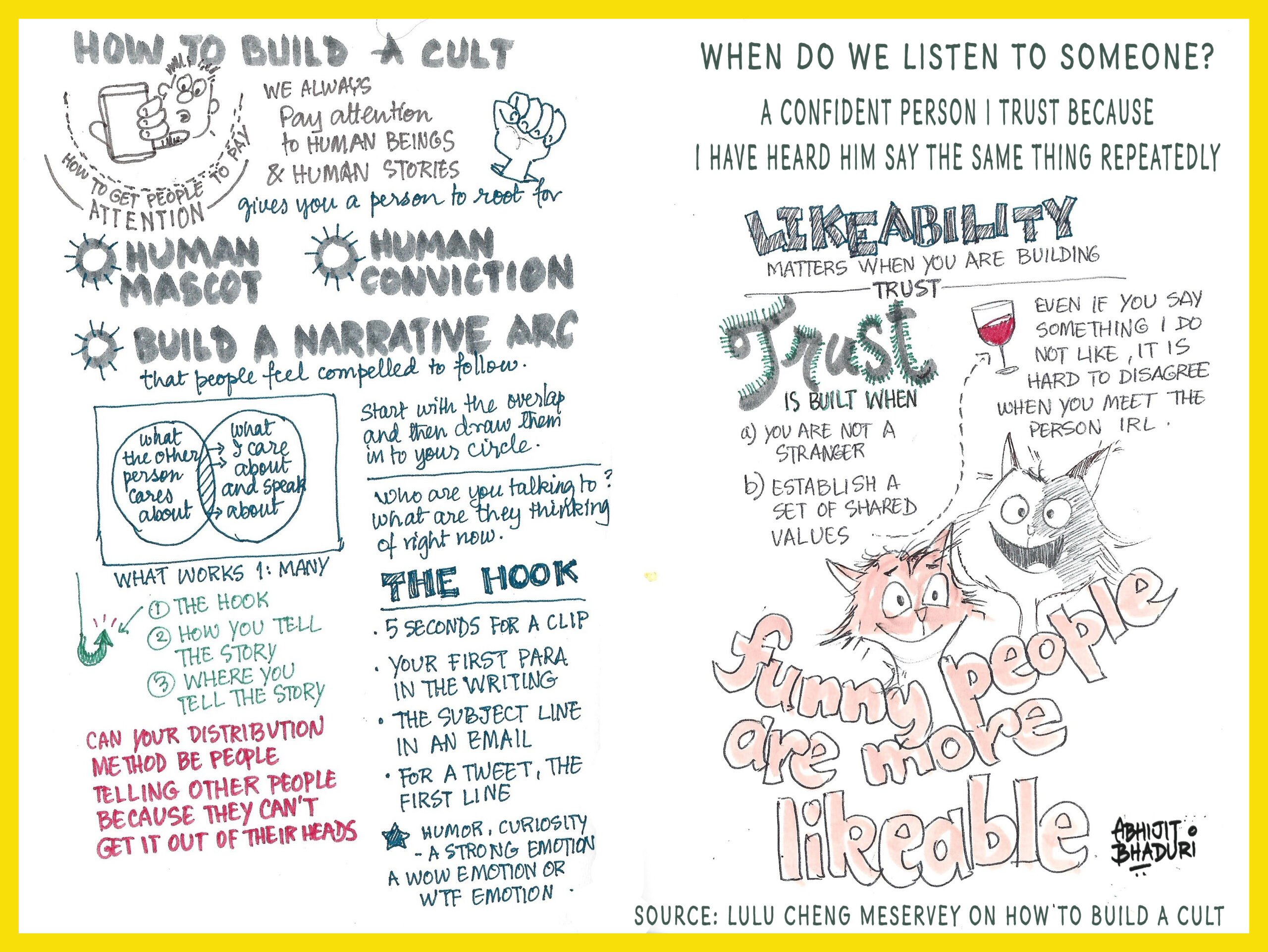If a founder believes that HR is for administrative tasks, please gift him/her this book

Let me say it upfront—People-Powered Startups by Saurabh Nigam is a must-read for every founder, early-stage leader, and even HR folks building something from the ground up. It’s not often you come across an HR book that speaks the language of startup founders, understands the chaos of early-stage teams, and still manages to offer structure without sounding preachy. This one does. Saurabh has worked in startups and this book is full of ideas that are implementable.
Saurabh brings over 15 years of HR leadership experience and distills it into one very readable, very usable book. Whether you’re still figuring out how to make your first few hires or scaling after Series A, this book will help you avoid mistakes that are easy to make—and expensive to fix.
Startup founders underinvest in HR because their understanding of HR is often patchy and primitive. They will often tell you that they see themselves as the HR function, dissuade them gently. If someone says I brush my teet twice a day, and I am qualified to do root canal on myself … dissuade them gently!
Not having a diverse employee base can slow down innovation. Startup founders over index on people like themselves – people from their college or town. I have seen a startup founder unable to fire the product manager because they shared the same hostel and did not muster up the courage to give the PM that feedback.

The Heart of the Book: 20 HR Mistakes That Can Derail a Startup
One of the most powerful sections in the book is the detailed breakdown of 20 HR mistakes that startups often make. Some of these might seem obvious (like “Neglecting HR from Day One”), but Saurabh goes beyond the surface. He shows how seemingly small oversights—like misclassifying employees as contractors, not documenting performance issues, or hiring based solely on gut feel—can snowball into major cultural and legal headaches.
What I appreciated most was how practical and example-rich the book is. For instance, when he talks about the importance of onboarding, he doesn’t just say “do it well”—he outlines what good onboarding looks like and how to scale it. When he talks about the cost of ignoring toxic behavior, he backs it up with a real case study. This book doesn’t just tell you what to fix—it gives you the playbook to fix it.
We No HR We Are Bootstrapped

Chapter 23 deserves a special mention. That has to be my favorite chapter. It tackles the myths that are common to come across.
- “HR is only for big companies.”
- “Culture fit matters more than skills.”
- “Performance reviews are a waste of time.”
- “You don’t need an employee handbook with a small team.”
I’ve heard founders say (sometimes proudly) all these, and Saurabh does a great job explaining why these beliefs are not only misguided, but harmful.
HR isn’t a luxury—is necessary for growing the organization. It must also grow and expand as the organization grows in complexity. Just like you wouldn’t run a company without finance or product, you shouldn’t treat HR as optional.
Even if you don’t have a full-time HR leader, there are fractional CHROs, software tools, and external consultants who can help you build people practices that grow with your startup.
What I Loved
- The templates and checklists: These are gold. Sometimes as a founder, you don’t even know what questions to ask. This book gives you that clarity.
- The tone: It’s mature, constructive, and very startup-aware. Saurabh doesn’t try to make HR sound cool. He makes it sound essential—and that’s way more powerful.
- The call to action: This isn’t a “read and reflect” book—it’s a “read and act” book.
A Bit of Feedback
If there’s one area where I think the book could be even stronger, it’s in the choice of examples. Many of the case studies and success stories come from global giants like Google, Microsoft, and Amazon. While those are undeniably great models of HR excellence, I would’ve loved to see more Indian startup stories. Companies like Zerodha, Zomato, Freshworks, Swiggy, and others have gone through the same struggles and come out stronger because of their people choices. Saurabh does mention a few of them early on—but more consistent integration of Indian startup journeys would’ve made the insights even more relatable for our context.
That said, the book remains an absolute gem. It’s not about making HR flashy. It’s about making it foundational.
If you’re building something—whether you’re employee #1 or #100—People-Powered Startups should be on your desk. Or better yet, as you are convincing your classmates in college to join your startup.
Because in a world obsessed with product-market fit, we can’t afford to forget about people–culture fit. Leave me a comment and tell me what you think.



